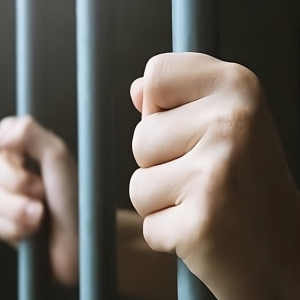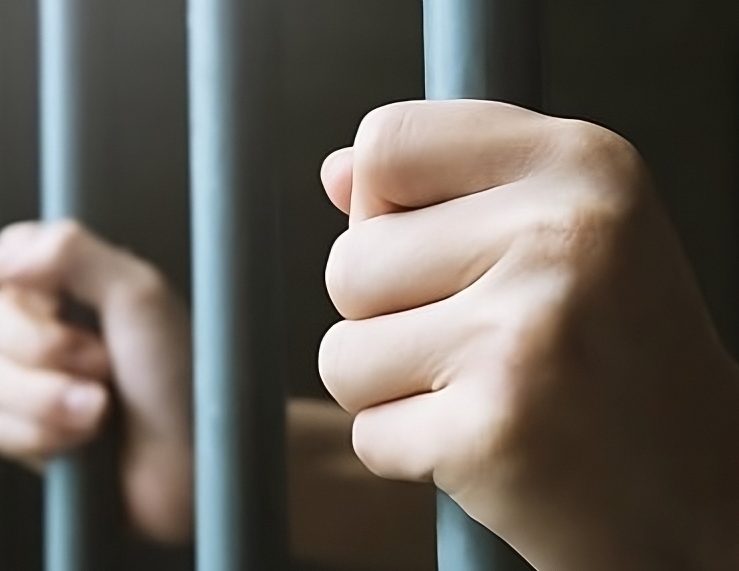
 Fr. Gaurav Nair
Fr. Gaurav Nair

In a democracy, the opposition's voices are not just part of the system but its lifeblood. They are crucial in ensuring accountability, fostering debate, and safeguarding citizens' rights. Trends suggesting a troubling narrative of stifling dissent and marginalising opposing viewpoints are nothing recent. However, the government doubling down on its tactics does look suspicious.
The Bharatiya Janata Party (BJP) has increasingly employed various tactics to suppress opposition. Hounding party leadership using central agencies is its hot favourite. The recent exodus of members from the AAP and the Congress, even if they did not immediately join the BJP, smells of its involvement. Employed together with the financial chokehold that it is trying to maintain using IT and PMLA, it might be a ploy to completely cripple the opposition from multiple fronts.
In the lead-up to the election, the ED and IT Departments have wielded their authority to target prominent opposition figures. The arrests of Jharkhand Chief Minister Hemant Soren and Delhi Chief Minister Arvind Kejriwal under the Prevention of Money Laundering Act (PMLA), coupled with the freezing of the Indian National Congress's bank accounts, have raised alarms about political interference in the electoral process.
The timing of these actions, amid the heat of the election campaign, raises questions about their intent and impact on the fairness of the electoral process. Opposition leaders have decried these moves as politically motivated attempts to stifle dissent and undermine the democratic process. The international community, including the United States, Germany, and the United Nations, has expressed concern over the erosion of democratic norms in India.
Despite claims of subjective superiority and electoral dominance, the ruling party's excessive measures signal a disregard for democratic norms and values. The erosion of democratic institutions and the marginalisation of dissenting voices raise fundamental questions about the future trajectory of Indian democracy.
BJP leaders' intentional or unintentional drops of changing the Constitution leave no doubt about what may be in the bag. The winning party or alliance must secure at least 272 seats in the 543-member Lok Sabha. The BJP alone secured 290 seats in the 2019 general elections. The NDA, as a whole, currently holds 346 seats. The PM has asserted they can increase their tally to over 400 seats in the upcoming fray. If some opinion polls are anything to go by, it is predicted that the NDA will acquire 411 seats — with the BJP securing a record 350 seats.
If so, it is not impossible that the Constitution may be scrapped entirely in favour of one based on Hindu holy books. The RSS have always had a bone to pick with the concept of socialist and secular. The recurring discourse surrounding the Constitution's overhaul by prominent figures within the BJP raises concerns about preserving its sanctity. Despite official disavowals, the persistent calls for its revision underscore a more profound ideological divide.
It's imperative to safeguard the Constitution's foundational principles against such divisive rhetoric to uphold India's democratic ethos and existence. It must be remembered that India's growth has only been due to the constitutional values that have defined its policies. We must shudder at the thought of their removal because we would soon fall down to the level of those who have chosen to make their nations majoritarian.